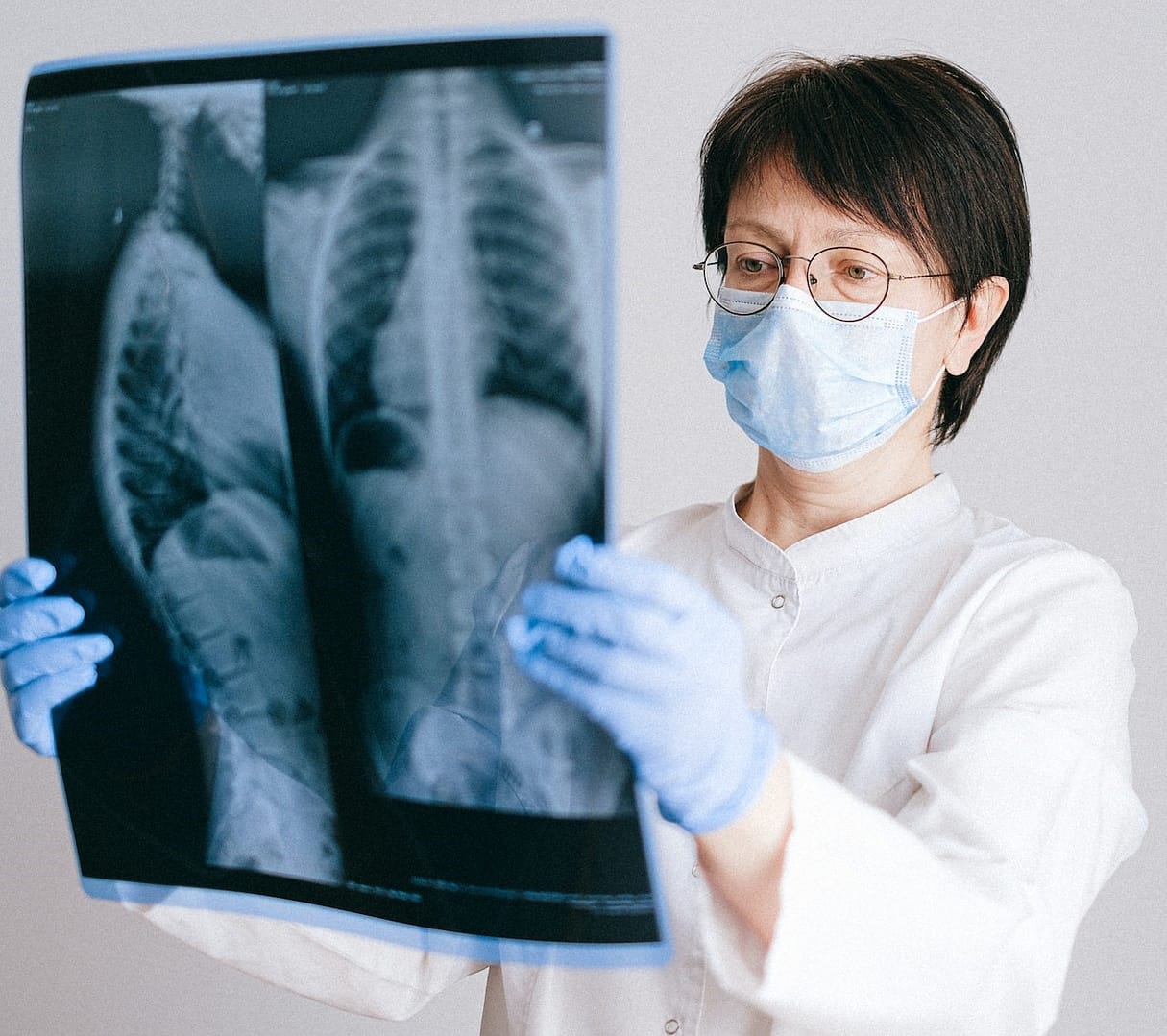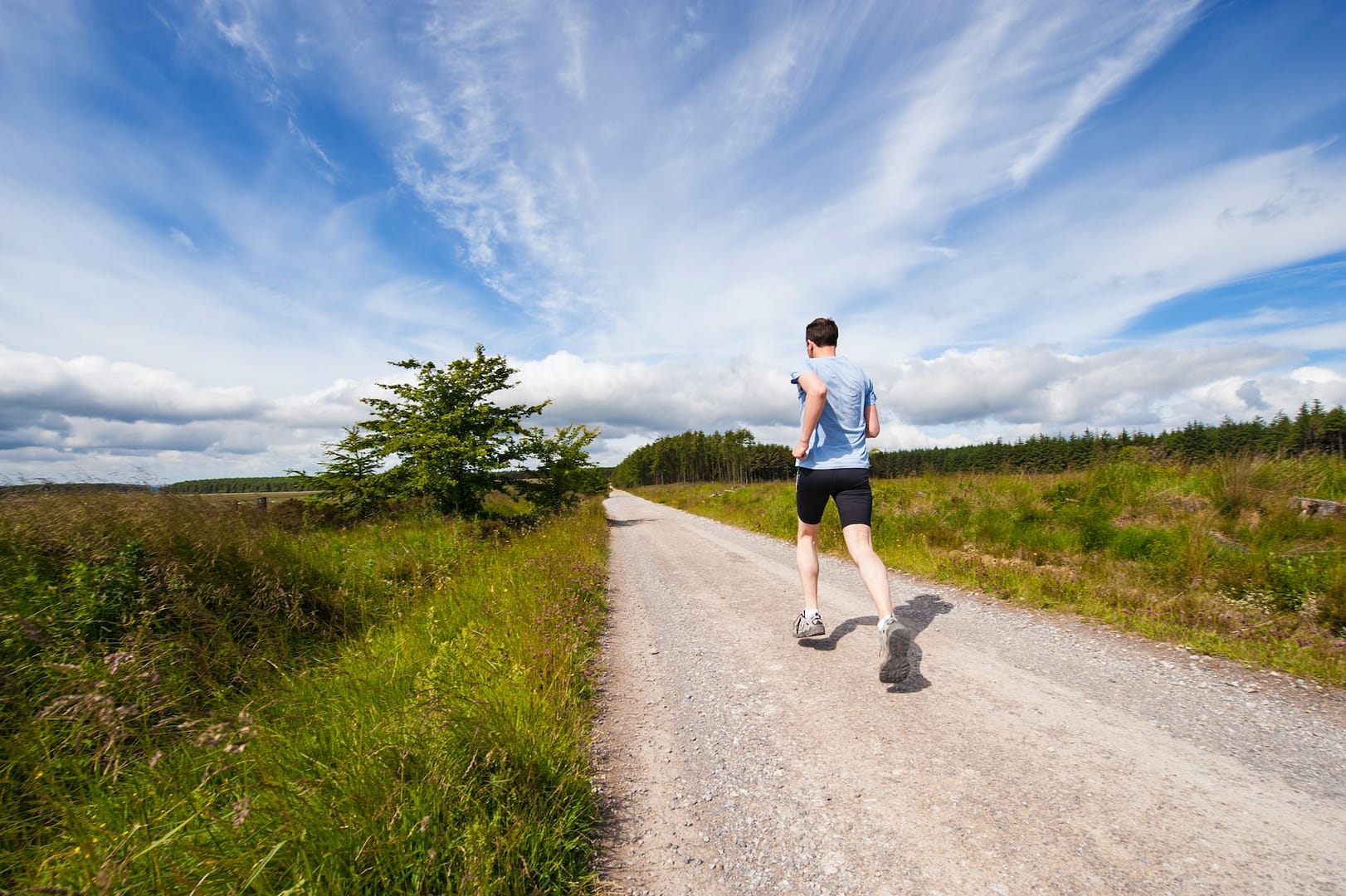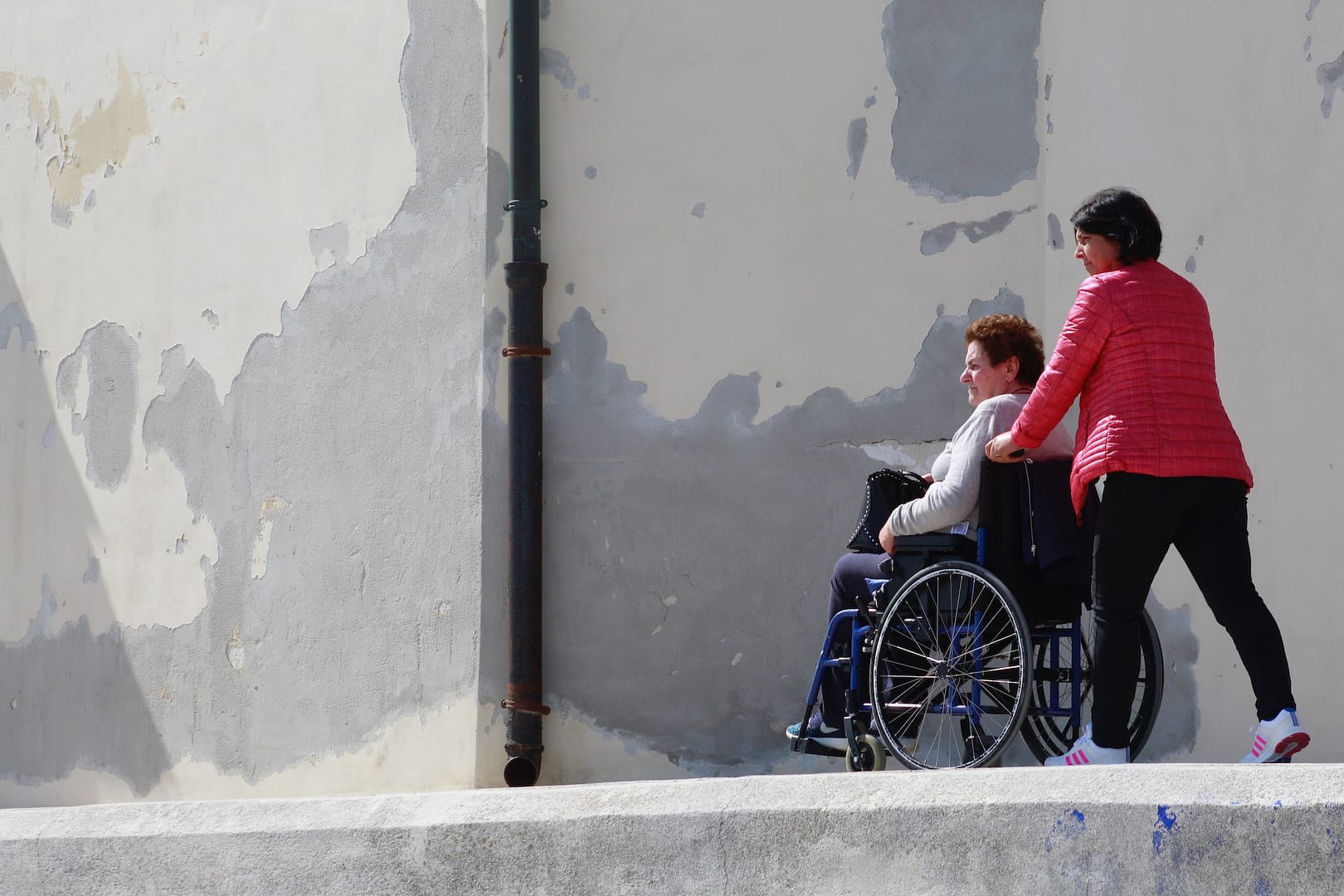Spinal cord injuries can be devastating, often causing long-lasting physical and emotional challenges. But there’s good news: many of these injuries are preventable through simple guidelines and awareness. In this article, we’ll explore five essential guidelines for preventing spinal cord injuries, delve into the top three causes of such injuries, and shed light on the importance of taking these preventative measures. We will also shed light on how best to start a serious injury claim with us at National Claims.
Understanding the Gravity of Spinal Cord Injuries
Before we dive into the preventative measures, it’s crucial to grasp the gravity of spinal cord injuries. These injuries can have life-altering consequences, affecting mobility, sensation, and even one’s ability to perform basic daily tasks. As the spinal cord plays a central role in transmitting messages between the brain and the rest of the body, damage to it can lead to permanent disability or, in severe cases, even death.
The Top Three Causes of Spinal Cord Injuries
To prevent spinal cord injuries effectively, it’s essential to first understand the primary causes. Knowledge of these causes can help individuals and communities take proactive steps to minimise the risk.
Motor Vehicle Accidents
Motor vehicle accidents are one of the leading causes of spinal cord injuries worldwide. In the UK, for example, the Department for Transport reported that, in 2019, there were over 25,000 serious injuries caused by road traffic accidents. The impact of these accidents, especially those involving high speeds, often leads to traumatic injuries to the spinal cord. To prevent these injuries, always wear a seatbelt, drive at safe speeds, and avoid distractions while behind the wheel.
Falls
Falls are another significant contributor to spinal cord injuries. For older adults, falling can be particularly dangerous, as the risk of injury increases with age. A simple slip or trip can result in a spinal cord injury, leading to loss of mobility and independence. It’s crucial to prevent falls by keeping living spaces clutter-free, installing handrails and grab bars, and wearing appropriate footwear. Regular exercise to improve balance and strength is also beneficial in reducing the risk of falls.
Sport and Recreational Activities
Engaging in sports and recreational activities is a fantastic way to stay fit and have fun, but it’s not without risks. In the UK, sports-related spinal cord injuries are more common than you might think. High-impact sports such as rugby, boxing, and gymnastics can pose a risk, but even seemingly less dangerous activities like horseback riding or skiing can result in accidents leading to spinal cord injuries. Preventive measures in this context include wearing proper safety gear, adhering to the rules of the sport, and obtaining proper training and guidance.
Five Guidelines to Prevent Spinal Cord Injuries
Now that we’ve identified the primary causes of spinal cord injuries, let’s explore five guidelines that can help reduce the risk and promote spinal health.
Buckle Up for Safety
Wearing seatbelts while in a vehicle is one of the simplest yet most effective ways to prevent spinal cord injuries during a motor vehicle accident. Research by the UK’s Department for Transport shows that seatbelt use saves lives and reduces the risk of serious injuries. Ensuring that every occupant in a vehicle is securely fastened with a seatbelt significantly decreases the likelihood of spinal cord injuries during accidents.
Fall Prevention Measures
As mentioned earlier, falls are a common cause of spinal cord injuries, especially in older adults. To prevent such injuries, individuals should take the following fall prevention measures:
Home Safety: Make sure living spaces are free from tripping hazards, including loose rugs and clutter. Adequate lighting can help reduce the risk of falls.
Handrails and Grab Bars: Installing handrails and grab bars in bathrooms and stairways can provide stability and support for individuals with mobility issues.
Footwear: Wearing appropriate, well-fitted shoes with good traction can prevent slips and trips.
Balance and Strength Training: Engaging in regular exercise routines that focus on balance and strength can help reduce the risk of falling, particularly among the elderly.
Sports Safety
Participating in sports and recreational activities is an excellent way to stay active, but it’s essential to prioritise safety to prevent spinal cord injuries. Here are some sports safety guidelines:
Wear Appropriate Gear: Always wear the recommended safety gear for your chosen sport. Helmets, protective padding, and mouthguards can provide essential protection.
Training and Supervision: Obtain proper training and guidance when participating in sports. Coaches and trainers can help ensure that you’re using correct techniques and following safety protocols.
Know Your Limits: Recognise your abilities and avoid engaging in activities that are beyond your skill level.
Distracted Driving Awareness
In the age of smartphones and constant connectivity, distracted driving has become a significant concern. Texting, using mobile apps, or fiddling with in-car technology while driving diverts attention from the road, increasing the risk of accidents and spinal cord injuries. Preventing spinal cord injuries from distracted driving involves:
Avoiding Distractions: While driving, focus solely on the road and avoid any activities that take your attention away from driving.
Utilise Hands-Free Technology: If necessary, use hands-free technology for phone calls and navigation.
Educate and Advocate: Encourage friends and family to avoid distracted driving and lead by example.
Alcohol and Substance Awareness
Alcohol and substance abuse contribute significantly to spinal cord injuries. Impaired judgement and coordination while under the influence can lead to accidents and high-impact injuries. Preventing spinal cord injuries related to alcohol and substance abuse requires:
Designated Drivers: When participating in social activities that involve alcohol, always have a designated driver who abstains from alcohol.
Know Your Limits: Be aware of your tolerance and don’t overindulge in alcohol or substances that impair your judgement.
Seek Help: If you or someone you know struggles with alcohol or substance abuse, seek help from professionals and support groups to address these issues.
Making a Serious Injury Claim with National Claims
At National Claims, we understand the emotional and financial toll that spinal cord injuries can take on individuals and their families. If you or a loved one has suffered a spinal cord injury due to the negligence of another party, we are here to help. Our team of experienced professionals is committed to assisting you through the claims process.
We will work closely with you to gather all necessary evidence, including medical records, accident reports, and witness statements. Our goal is to ensure that you receive the compensation you deserve for medical expenses, rehabilitation, lost wages, and pain and suffering.
National Claims has a strong track record of successfully representing clients in personal injury cases, including those involving spinal cord injuries. We understand the unique challenges and complexities of such cases and will advocate tirelessly on your behalf.

Conclusion
Preventing spinal cord injuries is not solely an individual’s responsibility; it’s a collective effort. Communities, institutions, and individuals must work together to raise awareness and implement preventive measures. By following the guidelines discussed in this article, you can significantly reduce the risk of spinal cord injuries, ensuring a safer and healthier future for everyone. Remember, prevention is always better than recovery when it comes to spinal cord injuries, and every action taken in the name of safety is a step toward a brighter, injury-free tomorrow.
National Claims is here to support you on your journey to recovery and justice. If you or a loved one has suffered a spinal cord injury due to the negligence of another, don’t hesitate to reach out to us for assistance. We are dedicated to helping you navigate the legal process and secure the compensation you need to rebuild your life. Together, we can make a difference in the fight against spinal cord injuries and ensure that those affected receive the care and support they deserve.
Contact us to get a start on your claim and to speak to one of our claims specialists today.
Click below to see why we are one of the most trusted claims management companies in the UK.

We’re proud of our excellent customer reviews
We thrive on delivering exceptional service and ensuring our clients’ satisfaction. Don’t just take our word for it. Check out some of our independent reviews to see what our clients have to say.
Excellent

This firm is excellent, they sorted out my car pay out and injury claim very fast, they always communicate with you all the time.

My accident case was dealt with confidence and with great result of the outcome, especially James kept me informed all the time.

I was very impressed at the way my inquiry was treated. I was listened to attentively and everything I needed to know was explained to me.






